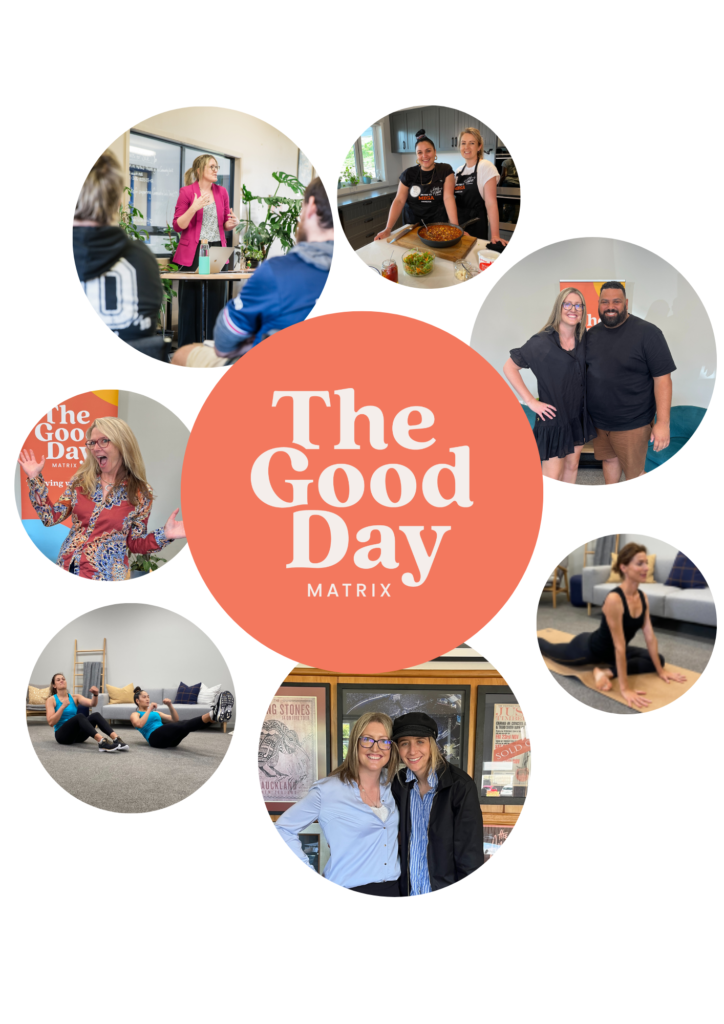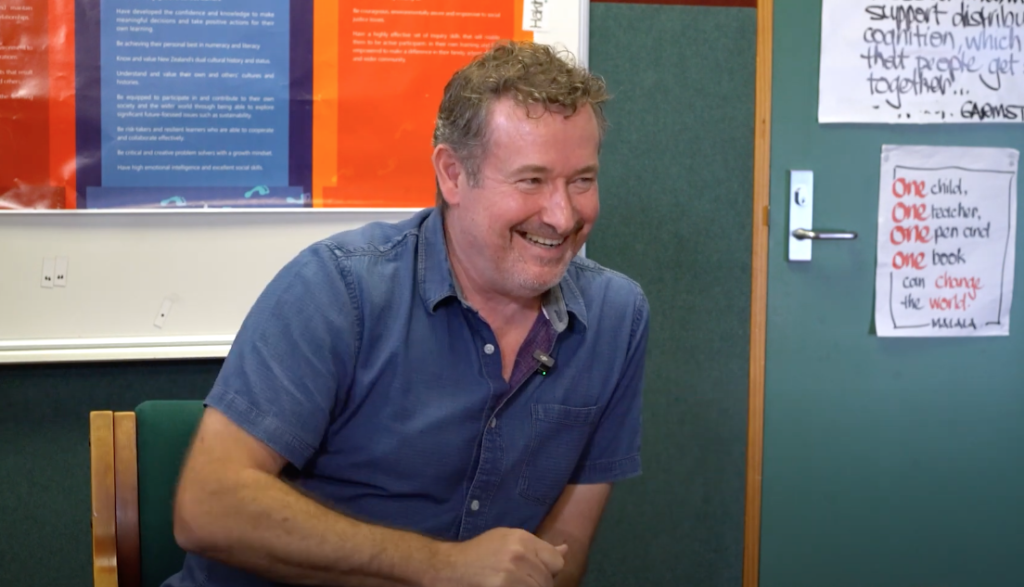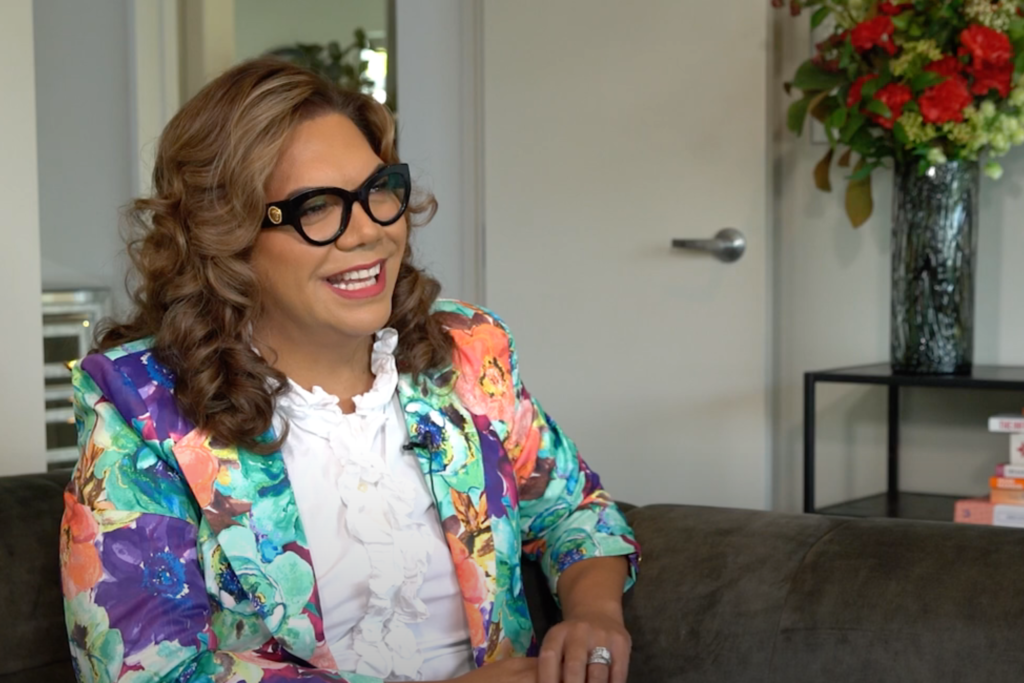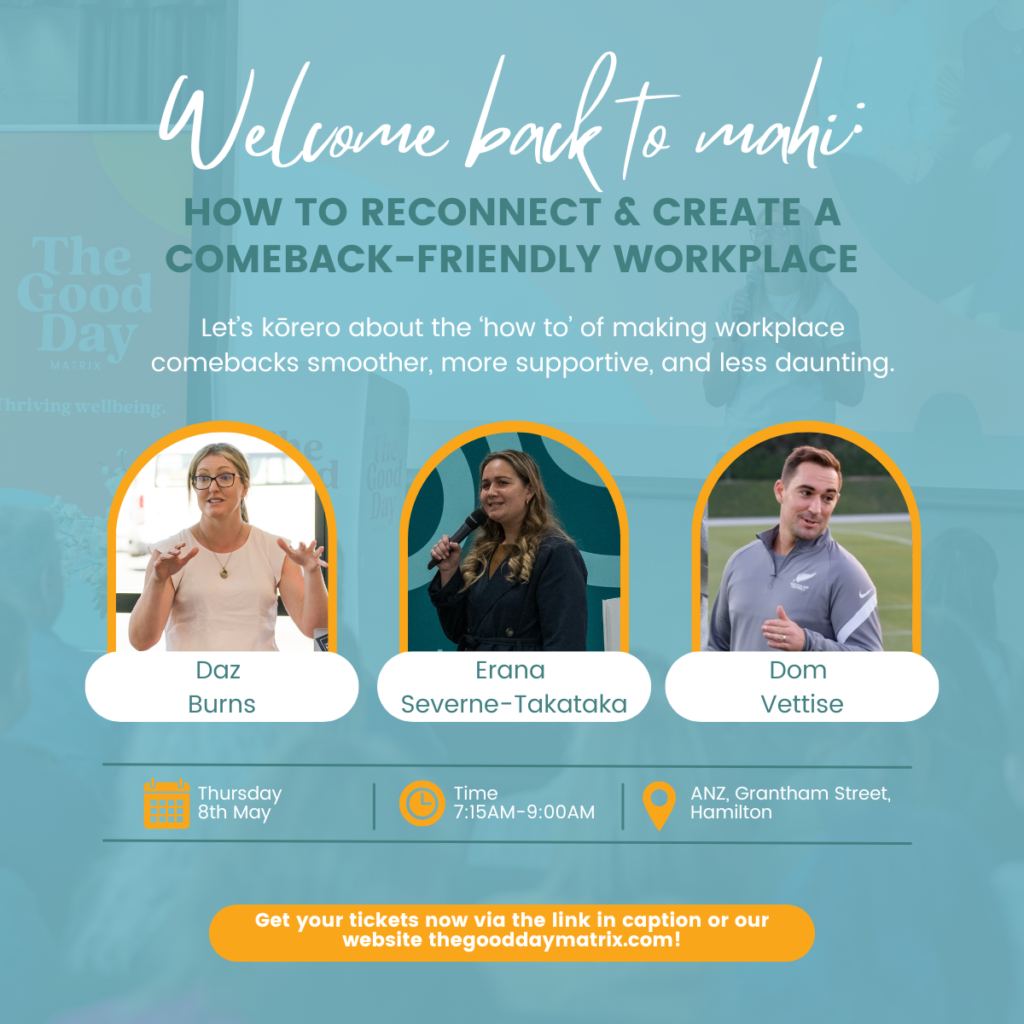Written by Daz Burns
“The first step to change is knowing” (Ichiro Kishimi and Fumitake Koga)
Ethical fading
Little by little it creeps, until the beast is too big and we are running scared of what will happen next, anxious about where the hammer will land, fearing the consequences that will roll out. Like a slowly deflating tyre, when you are acting outside of your values, by worrying about your environment, you “ leak energy and focus” (Owen Eastwood) which over time leads to an unsafe environment. And God knows, none of us has the energy to waste, right?!
“The first step to change is knowing” (Ichiro Kishimi and Fumitake Koga). It’s easy to point fingers at others who are responsible for the slipping standards, but you are part of a unit, part of a community, you are part of accepting lower standards and you need to own that and decide what you are going to do about it. You choose the path you take, peer pressure or pressure from colleagues are not reasons to act outside of your values or the organization’s values.
Being consistent
Everyone has an internal justification for their behaviour, actions or decisions – but at the end of the day, making excuses for how you are carrying yourself or waiting for ideal conditions to make the right decision or do the right thing is not a strategy that will get you to where you want and need to be. Consistency is the key here to ensure you are part of a psychologically safe environment.
Consistent communication.
Consistent temperament.
Consistent work ethics.
Consistent values.
Consistent performance.
Consistency fosters trust.
Perspective
Perspective is an incredibly important element in breaking cycles. “Don’t criticize them; they are just what we would be under similar circumstances” (Abraham Lincoln). You need to understand why the other person is so passionate about their way of doing something so that their actions make sense and though you would do it differently, you can appreciate their unique way.
Begin with yourself
If you look at some of the humans in your workplace and wish they would change their behaviour, act in different ways or improve their output, “why not begin with yourself?” (Dale Carnegie). Look at your expectations and biases and ask yourself some hard questions:
- Where are they coming from?
- What are you measuring them against?
- Why is this situation difficult for me?
- Could they be right?
Answer honestly and sincerely without ego. Build your understanding and move forward.
We will not always agree
Believe it or not, we will not always agree! And that is great! The culture we develop in our organizations should reflect this, value challenge and encourage diversity of thought. Challenge is important to ensure our status quo is appropriate. That our standards are high. That our ethics are robust. If we all just follow the leader and agree with everything they tell us, why are we there? We become obsolete. We become part of the flock going down paths we didn’t choose.
Our workplaces
In our workplaces, we are all working towards the same goals, same vision, same mission. In disagreeable situations, in moments where tensions are running hot, it is critical to ground ourselves in the knowledge that we are all on the same team, agree that we are connected to the same end goals, that our purpose is aligned but our methods are differing and causing a problem we need to manage, together.
Creating a clear distinction of who is responsible for what tasks is an important boundary to clearly define, so that you can control your controllables and manage yourself appropriately without unnecessary stress or workload.
Know what is yours to worry about and what is not.
Know what is your responsibility and what is not.
Know what your tasks are and what are not.
When someone is acting unreasonably, take comfort in knowing that their emotions, behaviour and approach are not your responsibility. They are theirs. You can support them to manage how they deal with challenges that arise and help them to develop skills if they are open to this mahi. You can not do it for them. But, you can hold them accountable.
There are lots of strategies you can try to have conversations to break negative cycles and spirals, but “the most important component of accelerating growth is changing someone’s relationship with feedback” (Shaka Smart). And remember, start with yourself, how do you receive feedback?
Summary
Let’s be honest, breaking cycles is hard work.
It takes time.
It takes perspective.
It takes boundaries.
It takes persistence.
It takes awareness.
It takes integrity.
It takes honesty.
But more importantly, it takes you deciding to start.
Little by little.
Step by step.
Layer by layer.
Start taming the beast and building sustainable foundations.
Share
Help create meaningful action within your workplace and share this with someone you think needs to hear this or someone that might relate to this kōrero!













